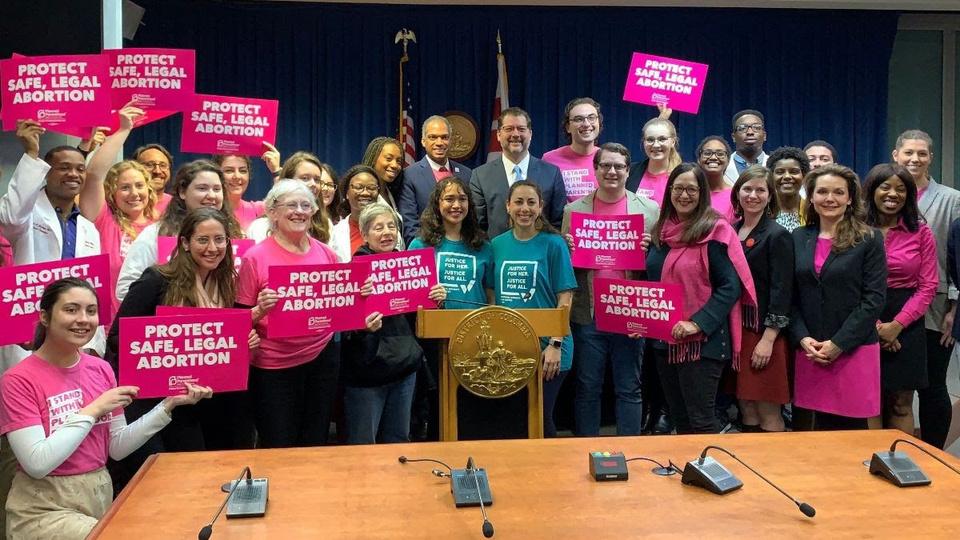
1 minute read
Public Affairs
by ppmwimpact

rovided testimony at a meeting of the DC nal Health Resources (MHR) and Access Act of y crisis The Maternal Health Resources and ures addressing maternal morbidity and ity in outcomes including the establishment of ula services; requiring a feasibility study to r; and providing transportation subsidies for cluding ridesharing.
In April, the U.S. House of Representatives passed H.R. 51, critical legislation that would grant statehood to the District of Columbia and protect the health and rights of the more than 700,000 D.C. residents. Currently, residents of Washington, D.C. still have no voice in the U.S. Senate, and no vote in the U S House of Representatives, despite living and working in the United States, paying federal taxes, and serving in the armed forces D C ’ s lack of statehood means a lack of local autonomy, which results in restrictive policies imposed by Congress, creating barriers to health care, including sexual and reproductive care.
Also in April, the Department of Health and Human Services (HHS) released proposed regulations to end the Title X gag rule Under the previous administration, this rule forced Title X grantees, like the Planned Parenthood health centers who provided care to 40% of all Title X patients, to choose between obtaining vital federal funds or providing their patients with unbiased, comprehensive information about their options, specifically about abortion. Title X is the only federal grant program dedicated solely to providing individuals with comprehensive family planning and related preventive health services.








